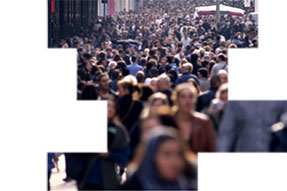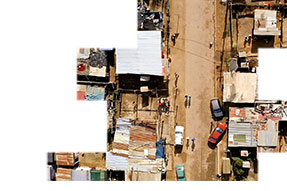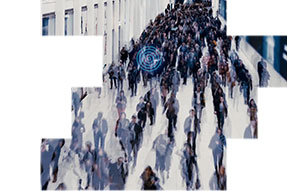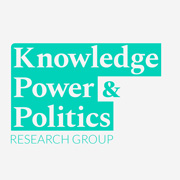Knowledge, Power and Politics (KPP) in education brings together a critical mass of interdisciplinary researchers in the Faculty of Education, the University of Cambridge, and beyond
A centre of global excellence
KPP’s main focus is to build research capacity and outputs through its activities, and to be recognised as a centre of global excellence around its three main research themes.
Broad objectives
As a broad objective, KPP problematizes ‘education’ as it is mediated through social institutions (state/school/family/market), governing projects, and political economies across spaces (e.g. urban areas/nation states/regions/digital platforms), knowledge systems (epistemes such as Western modernity, de/coloniality and neoliberalism), educational processes (policies, practices and pedagogies), the social and cultural production of identities (learners, teachers, workers, citizens) and how to bring about social justice.
Working at the interface of timely issues
KPP also works at the interface of timely issues, such as: global human movement, conflicted states and displacement, rising social and global inequalities, elites and expertise, the cultural sociology of displacement, moral economies of education, platform capitalism, big data and new modes of governance, and declining social mobility. To this end, KPP engages with a broad range of social, political and cultural theories to interrogate its foundational concepts, and to problematize and generate new and alternative understandings of the world.
Our research is interlaced across three themes:

Power, Knowledge and Difference
We examine the formation of, and resistances to, classed, raced, patriarchical and colonial modalities of racial domination and coloniality in education.
Members of the group examine the biopolitics of:
- education and new productions of ‘race’;
- decolonising knowledges, social movements, and pedagogies of resistance;
- youth identity and educational practices of everyday bordering;
- postcolonial politics of education and international development;
- representations of racialised, gendered, and classed childhoods in education;
- and migration, displacement and the production of the ‘preferred’ citizen-subject.

Space, Identities and Global Inequalities
We investigate the spatial, social and temporal dynamics and outcomes of education at the level of the individual identities, family, groups, notions of community and wider society in the context of human movement, conflict, exile and displacement, and new forms of social immobility.
Particular attention is paid to challenges to the:
- promise of social mobility, social integration, intergenerational justice,
- politics and knowledges of interculturalism/multiculturalism,
- ongoing consequences of these processes and relations for different social groups, their identities and claims.

States, Markets and Societies
We investigate the changing interplay between political economy, transformations of the state, the market and education in the context of:
- global and local projects and processes (including conflict states);
- the spatial extension of the state and other actors into regional and global scales;
- the rise of markets and human rights politics;
- new digital infrastructures and their implications for the social contract.
Stimulating connections amongst theory, research and practice
We’re also affiliated with the Cambridge Peace and Education Research Group (CPERG) which provides a hub for research students and faculty at the University of Cambridge to exchange ideas and collaborate on projects that explore the relationships between conflict, peace, and education, both in the UK and internationally. Through its activities, CPERG aims to stimulate connections amongst theory, research and practice.

